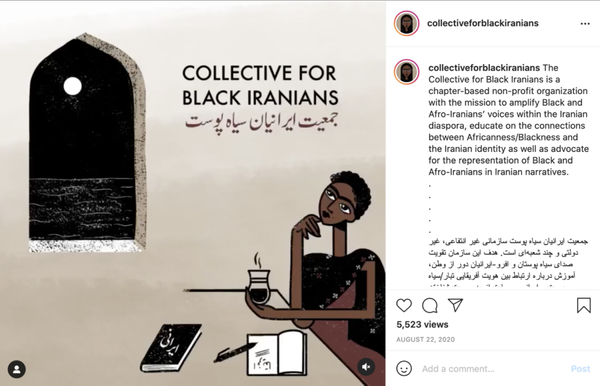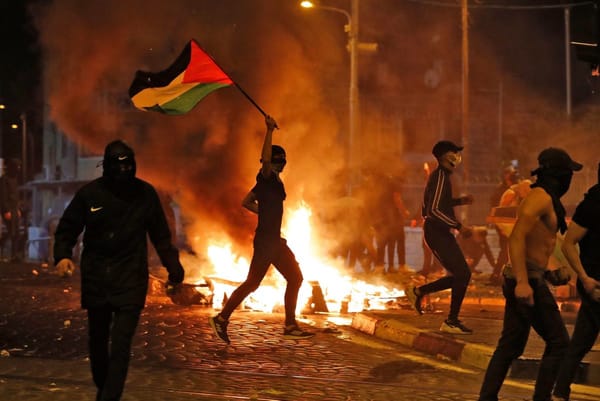


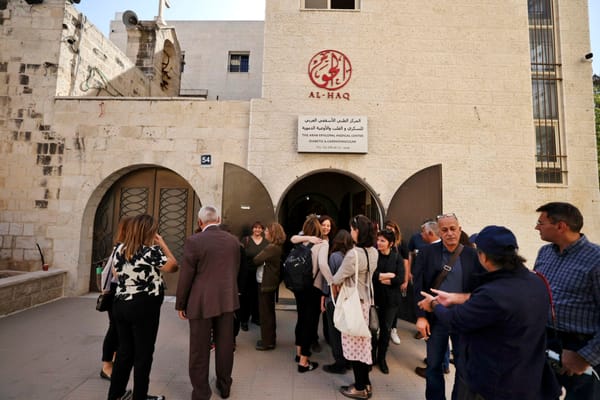
Israel’s Latest Effort to Fragment and Disempower the Palestinians
In October 2021, Israel spuriously designated six Palestinian civil society organizations as “terrorist” groups, liable to suppression and severe punishment under Israel’s counterterrorism law. Joost Hiltermann analyzes why Israel is targeting these well-regarded groups—including the oldest Palestin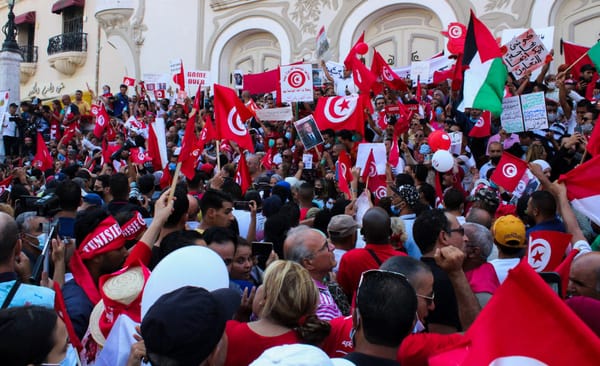
Populist Passions or Democratic Aspirations? Tunisia’s Liberal Democracy in Crisis
Tunisia's political system is in crisis after President Kais Saied concentrated power in his office in July 2021. Robert P. Parks and Tarek Kahlaoui delve into the reasons why so many citizens support his moves and explain why they have become so disenchanted with Tunisia's democratic system. The au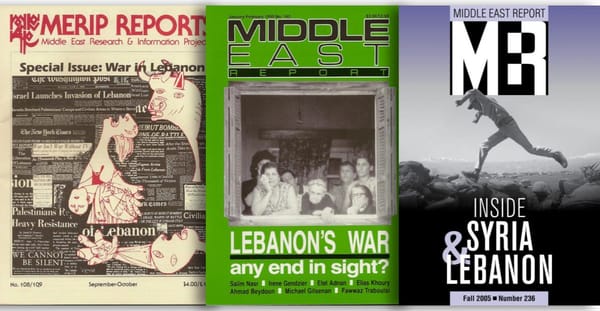
Capturing the Complexity of Lebanon’s Civil War and Its Legacies
The current political and economic crises in Lebanon reveal the myriad ways that the Lebanese continue to deal with the effects of the 1975–1990 civil war. Najib Hourani explores MERIP's deep coverage of Lebanon since the early 1970s. He finds that "MERIP’s commitment to foregrounding local social s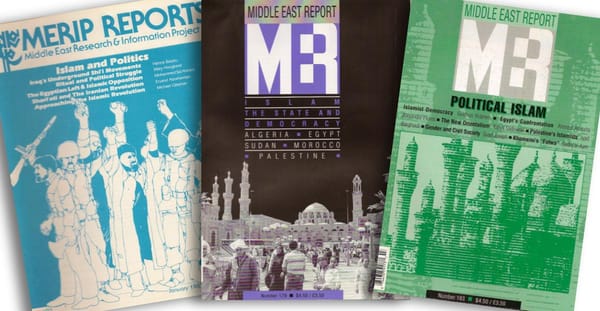
Understanding the Diversity of Political Islam
Francesco Cavatorta examines MERIP's 50 years of covering the complex phenomenon of political Islam and finds that much of it is based on field research, participant observation, interviews and ethnography. The result has been a rich diversity of approaches that comprehend the plural nature of Islam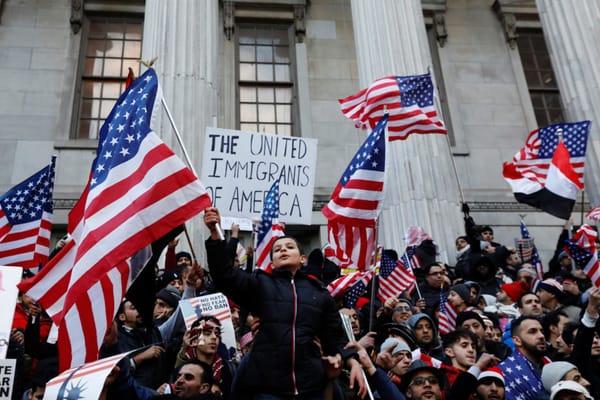
Covering Surveillance, Struggles and Solidarity in the Arab American Community
Although issues of domestic surveillance and discrimination faced by Arabs living in the United States became more prominent after the attacks of September 11, 2001, MERIP has been covering them continuously since the organization was founded 50 years ago. Pamela Pennock surveys how MERIP has writte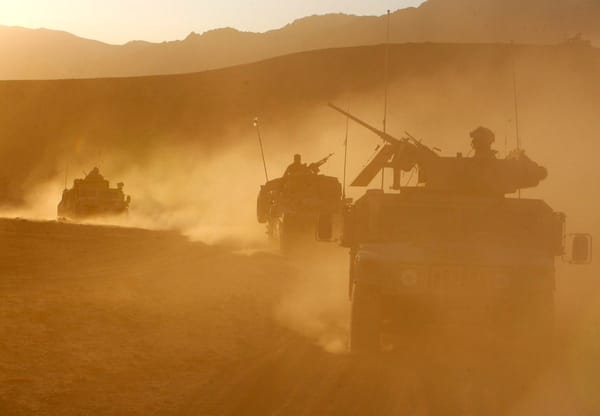
Refusing Imperial Amnesia in the War on Terror
Twenty years after the attacks of September 11, 2001 and the US invasion of Afghanistan, Darryl Li surveys how MERIP's deep and insightful coverage of the resulting War on Terror countered the "willful amnesia of American nationalism with a rigorous insistence on illuminating the historical continui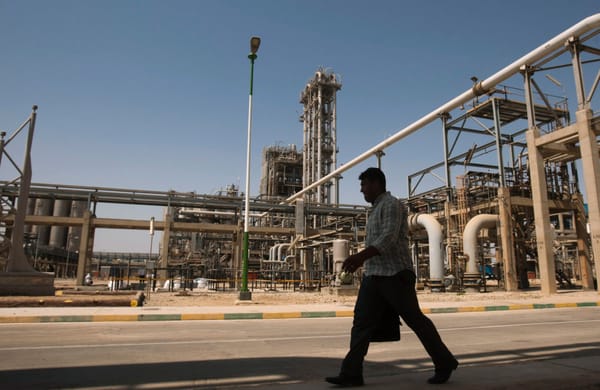
Labor Organizing on the Rise Among Iranian Oil Workers
Oil workers in Iran have been striking since June 19, 2021, leading some observers to ask whether protests are becoming routine within the existing political system or are a prelude to a bigger uprising. The authors explain what makes these strikes remarkable, why Iran's neoliberal policies pushed w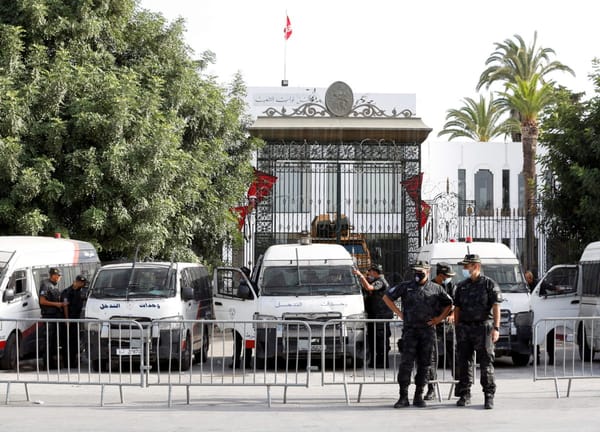
The Collapse of Tunisia’s Party System and the Rise of Kais Saied
Ten years after the Tunisian people overthrew the country's authoritarian ruler, their democracy is in crisis. On July 25, 2021, Tunisian President Kais Saied invoked Article 80, the emergency clause in the constitution, to sack the prime minister and freeze the activities of parliament. Nate Grubma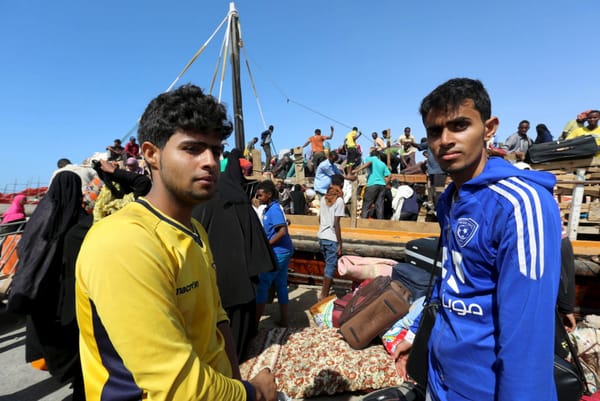
Yemeni Freedom and Mobility Dreams
Yemenis forced to leave their war-torn home not only flee to neighboring countries, they also head south across the Indian Ocean to the European Union's furthest outpost: the French-administered island of Mayotte. Bogumila Hall tells the stories of migrants who make grueling journeys south and north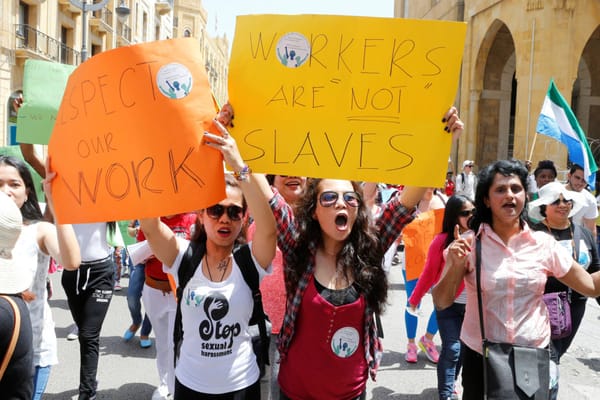
Understanding Race and Migrant Domestic Labor in Lebanon
The dire financial and political crises in Lebanon have made migrant domestic workers even more vulnerable to abuses of the kafala system of sponsorship. Kassamali explains the history of this labor system in Lebanon and the intersecting roles of race, class, nationality and gender in the hierarchie